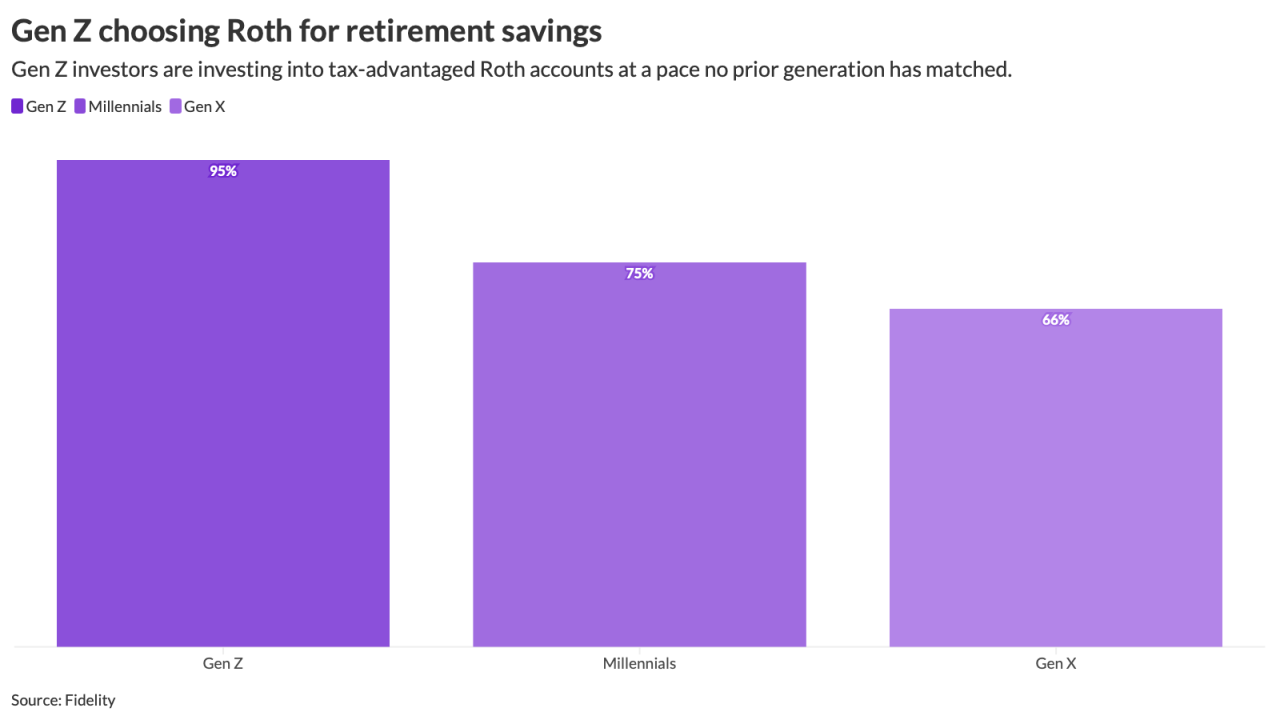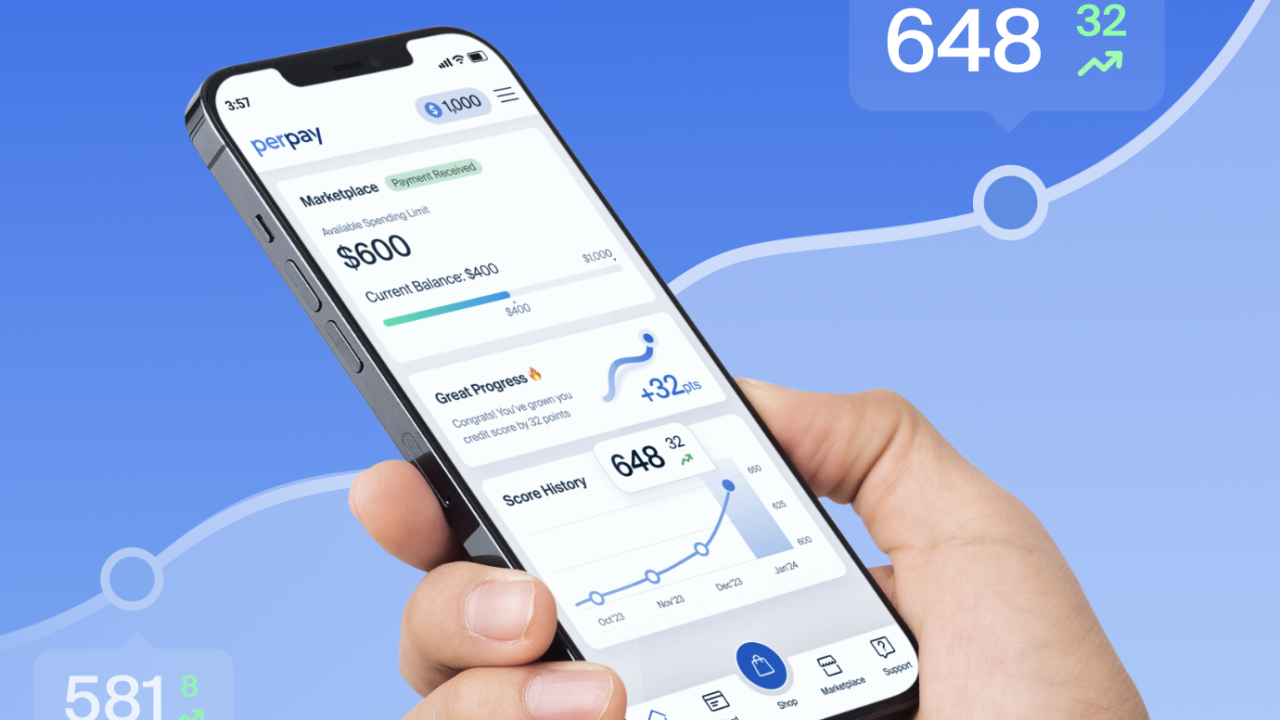Predicting an employee’s future success at a company has traditionally stumped experts, and relying on metrics such as IQ level, only tells 25% of the story. What makes up the other 75%, according to Shawn Achor, Harvard researcher and positive psychology expert, is the optimism that your behavior matters, a positive social support system, and whether you view a challenge as a stress or an impetus to improve.
Achor inspired the audience at the Employee Benefit News Benefits Forum and Expo in Dallas on Sunday night with his research findings and solutions to ensuring long-term happiness, which ensures that people thrive in their work and family environments.
"In good [economic] times, happiness is a luxury item in a company, but in times of challenge, happiness and optimism become not luxury items, but necessities," Achor said.
Achor studies companies and schools to determine the greatest predictors of success. He has found that the old way of thinking simply doesn’t cut it.
"The role of traditional psychology is: how do we make you normal? But, normal is merely average ... if we study what is merely average, we will remain very average," explained Achor, author of The Happiness Advantage.
The goal shifts from teaching to and aiming for the average, to moving the average up in an organization. Achor believes this requires changing the way our brain filters the world.
The brain is like a single processor in a computer: it can make a conscious or unconscious decision for happiness. If someone is constantly scanning the world for negatives, then they will have no energy left over for looking for the positive.
"If we're devoting those resources to scanning the world for the negatives ... then our brains literally have no energy left over for scanning the world for things that make us grateful about our current position. If we can change the way in which the brain views the world, what we've discovered is not only can we change our levels of happiness, at the same time we can brave every single business and educational outcome for individuals," he said.
In other words, by changing the way we appreciate happiness, we can improve on all dimensions of intelligence and, because our brains are wirelessly connected to each other through mirrored neurons, we can actually infect others with a positive attitude.
"It's not necessarily the reality that shapes us, but the lens with which you view reality that shapes your experience of it," Achor said. Focus on your own lens and “how you can ripple that positivity out through your work, your personality, and your habits to create a more positive work environment, a more positive family and a more positive world.”
Achor explained that “the more negative we are, the less able our brain is to overcome the challenges we actually have, which is why in the midst of challenge, finding a way to raise our happiness and optimism within an organization is of upmost importance not only for a company, but for ourselves as well.”
For example, the positive brain is 31% more productive than when the brain is negative, neutral or stressed.
And a positive outlook can help lower depression rates, lead to superior productivity, make one more resilient, create less burnout, less turnover, and promote greater sales.
“Before we can make any changes in our companies, in ourselves, and in our families, we need to make a mindset change,” Achor concluded.
We’ve trained our brain to think along the lines of: “I'll be happy as soon as ...” Within this paradigm, every time the brain succeeds, it changes the goal post, pushing success — and happiness — farther away.
However, if happiness were on the other side of success, then every celebrity would be happy. We’re putting the cart before horse, he explained, adding that happiness should be the precursor for success, not the result.
In one experiment, Achor trained tax audit mangers to hardwire their brains for happiness. Four months later during the busy tax season, those with the training preformed much higher.
In order to create positive long-term change, Achor advocated the William James theory, in which if someone does a task for 21 days, it becomes a life habit and is now second nature.
Achor gave the audience five ways to improve their happiness quotient if they complete the following simple activities for 21 days in a row.
1. Write three things that you are grateful for. They must be new things that occurred in the last 24 hours and they must be specific. Simply saying that you’re thankful for your health is not sufficient. Go deeper, he said: Why are you thankful for you health? Once you’ve done this for some days in a row, you can scroll through the list when confronted by a negative email and be overwhelmed by the positivity. This makes you much more optimistic, and positively refocuses the brain’s lens.
2. Journal every day. Take two minutes to detail one meaningful event. Because the brain cannot differentiate between reality and visualization, you are effectively reliving the good experience. This shifts the brain from a task-based outlook to a meaning-based one.
3. Exercise. This works not because of the neurochemicals released in the brain, but because it tells your brain that you’re able to be successful. Achor said this is why executives who exercised in the morning are better equipped to deal with their inboxes at 2pm. When they studied people with depression, those that exercised instead of taking anti-depressants, had equal drops in depression, but had 30% less relapse after the initial six months.
4. Meditation helps you single task, which enables your brain to shine like a laser on a challenge, increasing your chances of success. Achor suggested starting with as little as two minutes a day.
5. Send random acts of kindness. Each morning, send an email to one person in your social support network thanking and praising them. Twenty-one days later, your brain appreciates that you have 21 people that you’re connected to. This is extremely beneficial because social support is the greatest predictor of job satisfaction.
Achor admits that many of these notions are common sense. However, common sense does not always lead to common action — information does not always cause transformation.
Ultimately, by accomplishing these five actions, one is transforming a task-motivated brain into a satisfied brain. This matters not only for the individual, but also for those around them. Happiness spreads; it can infect coworkers like an air-borne disease.
“Happiness is actually an advantage. It’s not the opposite of success; it’s the precursor to it. If you can raise levels of happiness and optimism, not only can you raise every business and educational outcome, but we can make this a better world and ripple it out through that mirrored neuron network,” Achor explained.
You can learn more about the science of happiness and how to apply it to your business, by visiting Achor’s website,





